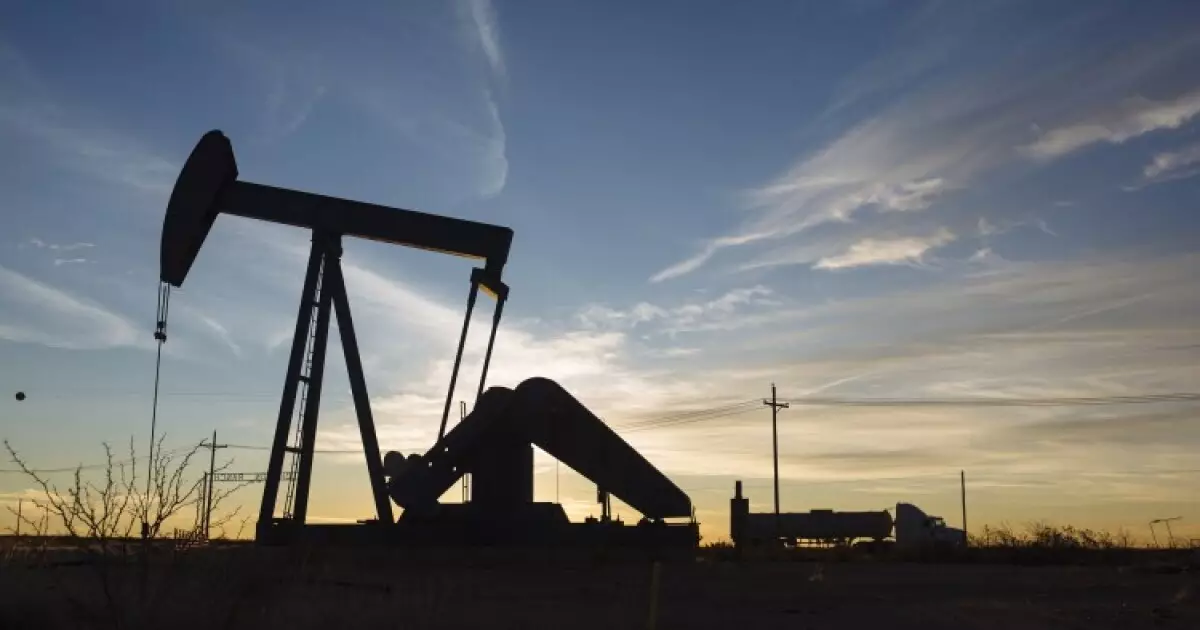In a climate that increasingly grapples with the intersection of business ethics and environmental concerns, Texas finds itself at the forefront of a contentious legal battle. A lawsuit has been initiated against a 2021 law that prohibits government contracts with financial institutions deemed to be “boycotting” the fossil fuel industry. The Texas state comptroller and attorney general have submitted a motion to dismiss this lawsuit, arguing that the plaintiffs, represented by the American Sustainable Business Council, lack the standing to bring their case. This legal dispute raises significant questions about constitutional rights, industry practices, and the broader implications of government intervention in economic activities.
Legal Foundations: Standing and Sovereign Immunity
In their filing to a federal court, the Texas officials assert that the American Sustainable Business Council fails to demonstrate standing—a crucial legal requirement for a party wishing to challenge a law in court. They also invoke the principle of sovereign immunity, which protects government entities from certain legal actions unless they consent to be sued. These defenses set the stage for a complex legal discussion about the role of governmental powers and the boundaries of citizen action against state laws. The implications of standing and immunity in this case are profound, as they shape the landscape for other potential lawsuits challenging state interference in economic matters.
A central issue in the lawsuit is the contention that the Texas law infringes upon the First Amendment rights of businesses. The plaintiffs argue that the law serves to stifle free speech by penalizing companies that engage in socially responsible investment practices. In response, the defendants contend that the First Amendment protections do not extend to procurement processes, stating that refusal to work with certain entities does not constitute expressive conduct protected under the First Amendment. This raises an intriguing dialogue about the limits of free speech in the context of economic transactions and whether economic choices can be considered a form of expression.
The economic backdrop of this legal battle is significant. The Texas oil and natural gas industry contributed over $360 billion to the state’s economy in 2022, underlining its critical role in the state’s financial landscape. The defendants argue that the law serves as a safeguard against the potential ostracization of an industry that is a cornerstone of the Texan economy, ensuring that taxpayer dollars do not fund boycotts that could jeopardize a profitable sector. This sharp focus on the economic security tied to fossil fuels raises questions about the sustainability of such industries in a world increasingly oriented towards renewable energy and responsible investing.
Texas is not an isolated case; there are parallels to be drawn with similar laws in other states, notably the Arkansas law requiring government contractors to forestall participation in boycotts against Israel. This comparative framework may influence judicial interpretations and outcomes of the current case, especially in light of previous rulings that notably differentiate between economic decisions and free speech. The current political climate in Texas, characterized by legislative measures aimed at curbing environmental considerations in business practices, sets the tone for how these legal challenges will unfold.
As the legal proceedings continue, all eyes will be on the ramifications of this lawsuit. With upcoming deadlines for the plaintiff’s response and potential amendments to the original complaint, the situation remains dynamic. The unfolding events will not only impact businesses and government contractors in Texas but could also resonate across the nation, reshaping how states interact with companies advocating for climate consciousness. The balance between economic interests and social responsibility may very well hinge on the outcomes of this significant legal battle. Ultimately, this case underscores the necessity of dialogue between economic practices and the ethical responsibilities of businesses in today’s rapidly evolving landscape.

